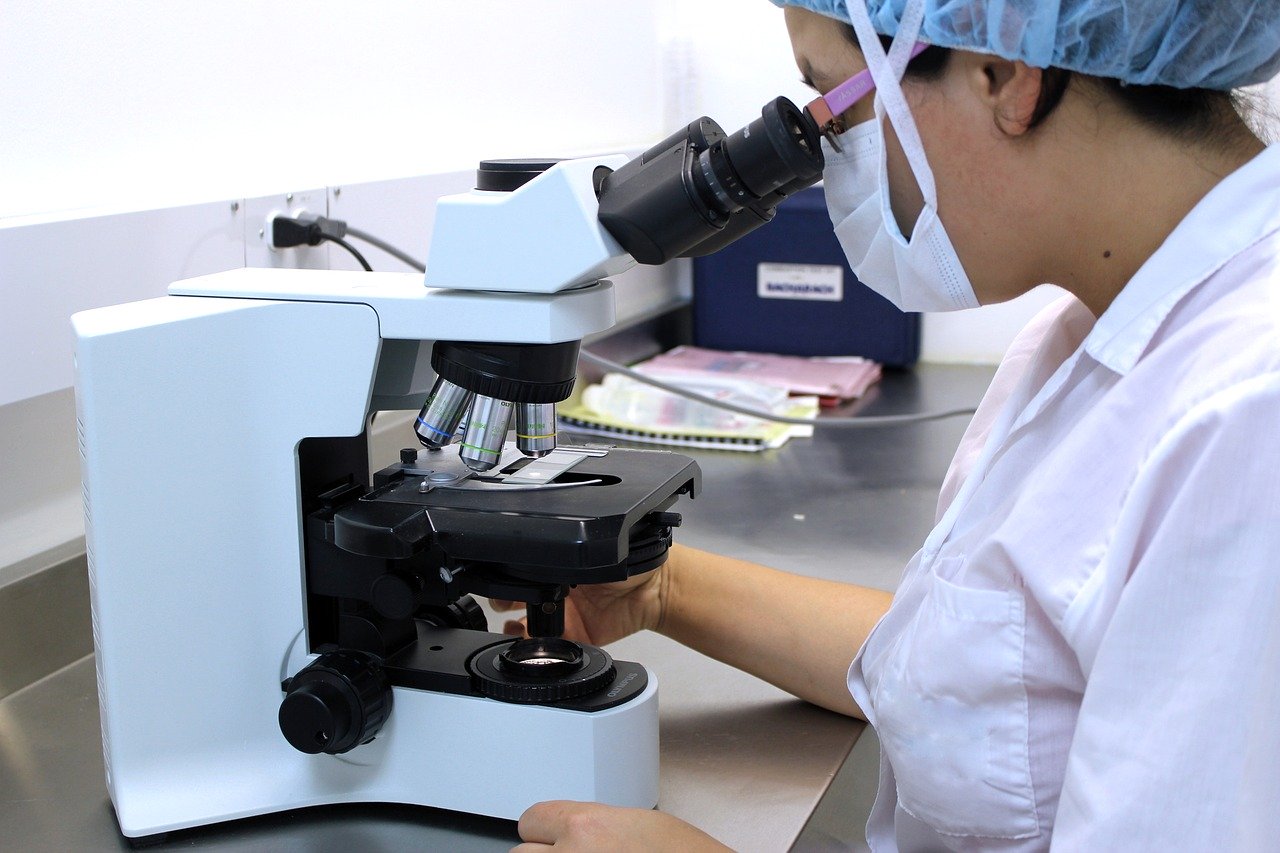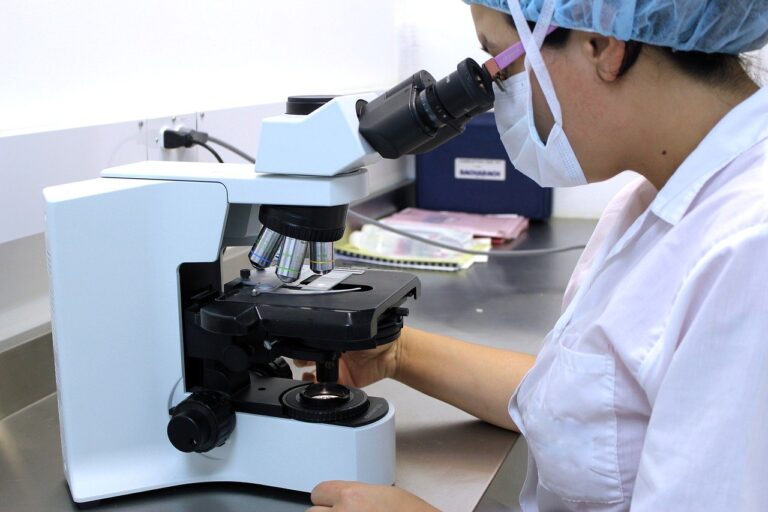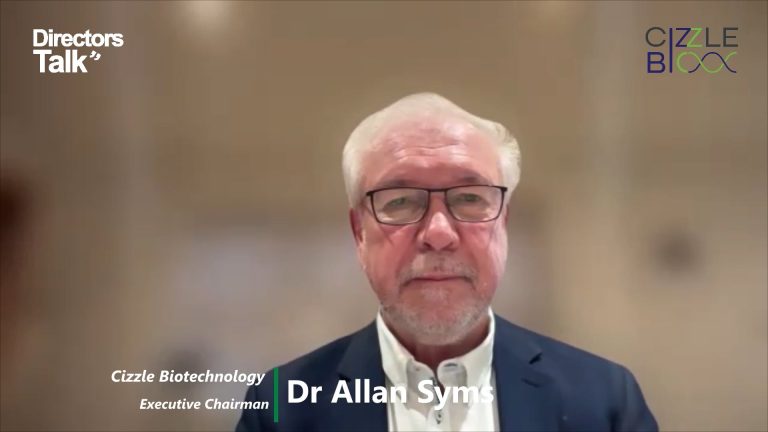Cizzle Biotechnology Holdings plc (LON:CIZ), the UK-based diagnostics company focused on developing a cost effective biomarker test to help detect early-stage lung cancer, has announced a strategic agreement with BBI Solutions, the world’s largest independent producer of immunodiagnostic reagents, to supply its first order of commercial propriety monoclonal antibodies. This collaboration is a significant milestone in Cizzle’s mission to commercialise its cost-effective biomarker test for early-stage lung cancer detection.
This initial order of CIZ1B commercial propriety monoclonal antibodies from BBI is crucial for advancing the clinical evaluation process, marking a vital step towards bringing the test to market. These antibodies will be manufactured at BBI’s ISO 13485-certified facilities and are expected to support up to 5000 assays for detecting the CIZ1B biomarker, which is strongly associated with early-stage lung cancer.
The antibodies produced will be used in a clinical evaluation of patients with suspicious indeterminant (undiagnosed) lung nodules for lung cancer with a major cancer centre in the USA. This evaluation is ahead of the planned rollout of commercial tests by the Company’s intended licensing partner in the USA, Cizzle Bio Inc (BIO). Additionally, this partnership supports the development of a point of care (“POC”) assay and the Company’s broader plans to explore the utility of CIZ1B for detecting other cancers.
Key Highlights:
· Partnership with BBI Solutions: BBI will manufacture commercial CIZ1B monoclonal antibodies.
· Certified Manufacturing: Production in ISO 13485-certified facilities ensures adherence to stringent quality standards.
· Sufficient Initial Supply: The first batch will support up to 5000 blood tests for the CIZ1B biomarker.
· Supporting Clinical Evaluation: The antibodies will facilitate clinical evaluations with a major US cancer centre, critical for confirming the presence of lung cancer in patients with indeterminate lung nodules identified by CT scans.
Commercialization and Regulatory Strategy
The antibodies being produced will support Cizzle’s ongoing commercialisation and regulatory strategy, including:
· US CLIA accreditation: As announced on 17 June 2024, BIO aims to register its first US CLIA (Clinical Laboratory Improvement Amendments) accredited lab with the FDA (US Food and Drug Administration) for the CIZ1B LDT test in September 2024.
· CLIA certification and product launch: BIO plan to achieve CLIA certification for the LDT in November 2024, with an anticipated product launch and insurer reimbursement code achievement by April 2025.
· Point of Care (“POC”) development: Plans include developing a POC test for use in pharmacies, doctors’ offices, and by healthcare providers.
· Expanded research: Continued R&D at the University of York to explore the utility of CIZ1B in detecting other cancers.
It is essential that reagents, including the Company’s monoclonal antibodies, meet strict regulatory requirements. The ISO standards (International Organization for Standardization) provide a platform to bring globally accepted standards together and in the case of medical devices, which includes in vitro diagnostics, ISO 13485 is the Quality Management System applicable to the regulatory requirements for a business operating in the medical device sector*. BBI will be producing the Company’s antibodies within their ISO13485 certified facilities for custom manufacture of antibodies.
Further Information
With nearly 5000 lives lost daily to lung cancer, largely due to the lack of a simple early detection test, Cizzle is dedicated to bringing its proprietary CIZ1B test to market as quickly as possible. This partnership with BBI is a pivotal step in providing reliable clinical results and developing a user-friendly point-of-care test.
The supply of the new commercial monoclonal antibodies will be used to provide clinical results on patients suspected to have early-stage lung cancer arising from CT scanning in the US cancer centre, developing a simple finger prick point of care test for the CIZ1B biomarker and continuing Cizzle’s work to determine the utility of the test for other cancers.
In addition, the Company’s ongoing assay development and clinical evaluations are supported by Cizzle’s renewed research and development contract with the University of York, announced on 17 June 2024. Subject to local ethical approvals, the new phase of work will provide clinical results on patients with suspected early-stage lung cancer arising from CT scanning at a leading US cancer centre.
Allan Syms, Executive Chairman of Cizzle Biotechnology, said: “We are making significant progress in bringing the company’s CIZ1B test to market. CIZ1B is highly associated with early-stage lung cancer and after extensive and dedicated research at the University of York, we are now at a point where the test will be made available to clinicians and patients to help in the drive to detect cancer early and as a result save lives. A key step in making the test commercial is to partner with a trusted global manufacturer with the skills, experience and first-class quality-assured facilities to produce reliable, robust and reproducible antibodies. Hence we are delighted to be partnering with BBI solutions to make our first batch of antibodies for use in clinical evaluations and trials, before rolling out the test across North America and importantly investigating whether CIZ1B is relevant in detection other cancers. I believe this is an inflection point in the Company’s development and now through working with BBI we have the capability to accelerate growth by being able to produce our essential antibodies at scale.”
Mario Gualano, CEO of BBI, added: “We are excited to partner with Cizzle Biotechnology in their mission to bring an innovative lung cancer detection test to market. Our expertise in producing high-quality immunodiagnostic reagents will ensure that Cizzle’s CIZ1B monoclonal antibodies meet the highest standards. We are proud to contribute to a project that has the potential to significantly improve early cancer detection and patient outcomes globally.“








































